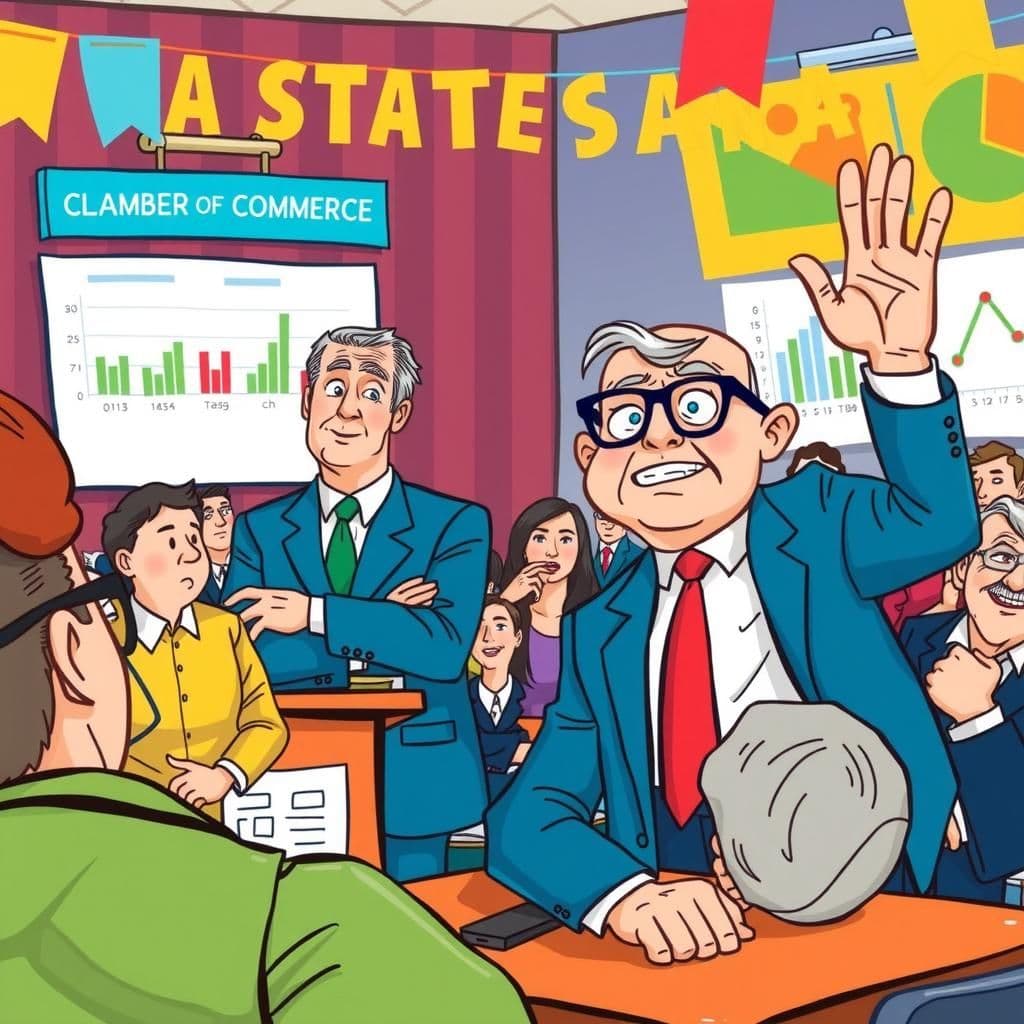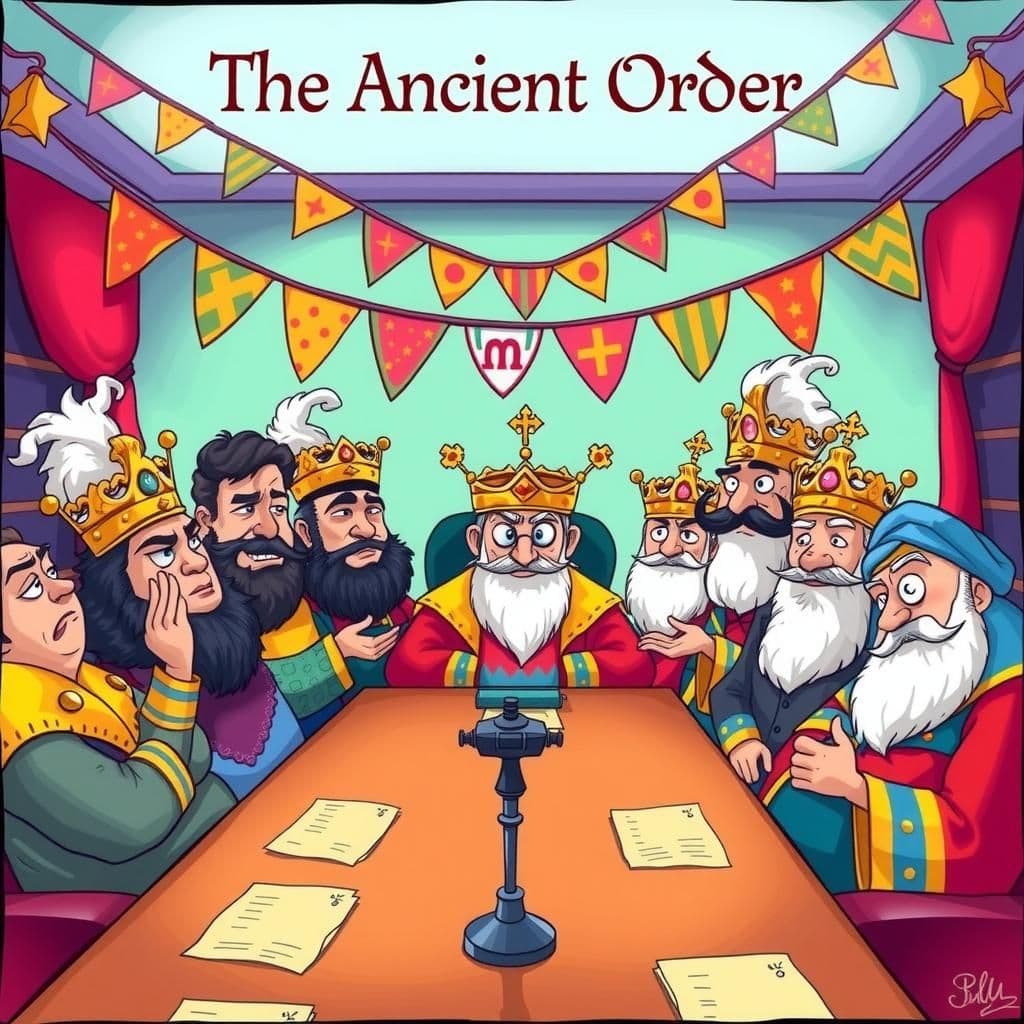A Statesman
In the story "A Statesman," which is part of the realm of well-known moral stories, a politician is challenged at a Chamber of Commerce meeting for his perceived irrelevance to commerce. However, an elderly member defends him by asserting that the politician, as a "Commodity," embodies a valuable lesson from moral stories about the interconnectedness of individuals and their roles in society. This engaging moral tale highlights how even those who seem distant from a topic can hold intrinsic value, echoing themes found in the top 10 moral stories.

Reveal Moral
"The moral of the story is that individuals can be viewed as valuable assets in any context, highlighting the interconnectedness of society and commerce."
You May Also Like

The Wolf and the Fox
In "The Wolf and the Fox," a large and strong Wolf, believing himself honored by his fellow wolves when they call him "Lion," foolishly abandons his kind to live among lions. An observant old Fox comments on the Wolf's pride, pointing out that despite his size, he will always be merely a wolf in a herd of lions. This entertaining moral story serves as a life-changing reminder of the dangers of self-conceit and the importance of recognizing one's true nature in the realm of popular moral stories for adults.

The Ancient Order
In "The Ancient Order," a whimsical debate among the newly formed Sultans of Exceeding Splendour leads to the adoption of the playful title "your Badgesty," resulting in their affectionate nickname, the Kings of Catarrh. This engaging tale offers a lighthearted moral about the importance of camaraderie and creativity in leadership, making it a delightful addition to short moral stories for students.

A Flourishing Industry
In "A Flourishing Industry," a foreign traveler asks a local about American industries, only to discover that the man's business is thriving in an unexpected way—he manufactures boxing gloves for verbal sparring rather than physical fights. This humorous twist highlights the heartwarming moral that competition can be both playful and uplifting, making it a meaningful story with moral lessons about creativity and resilience.